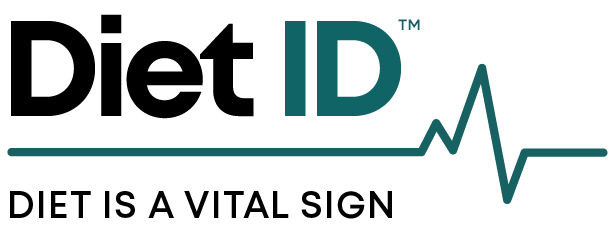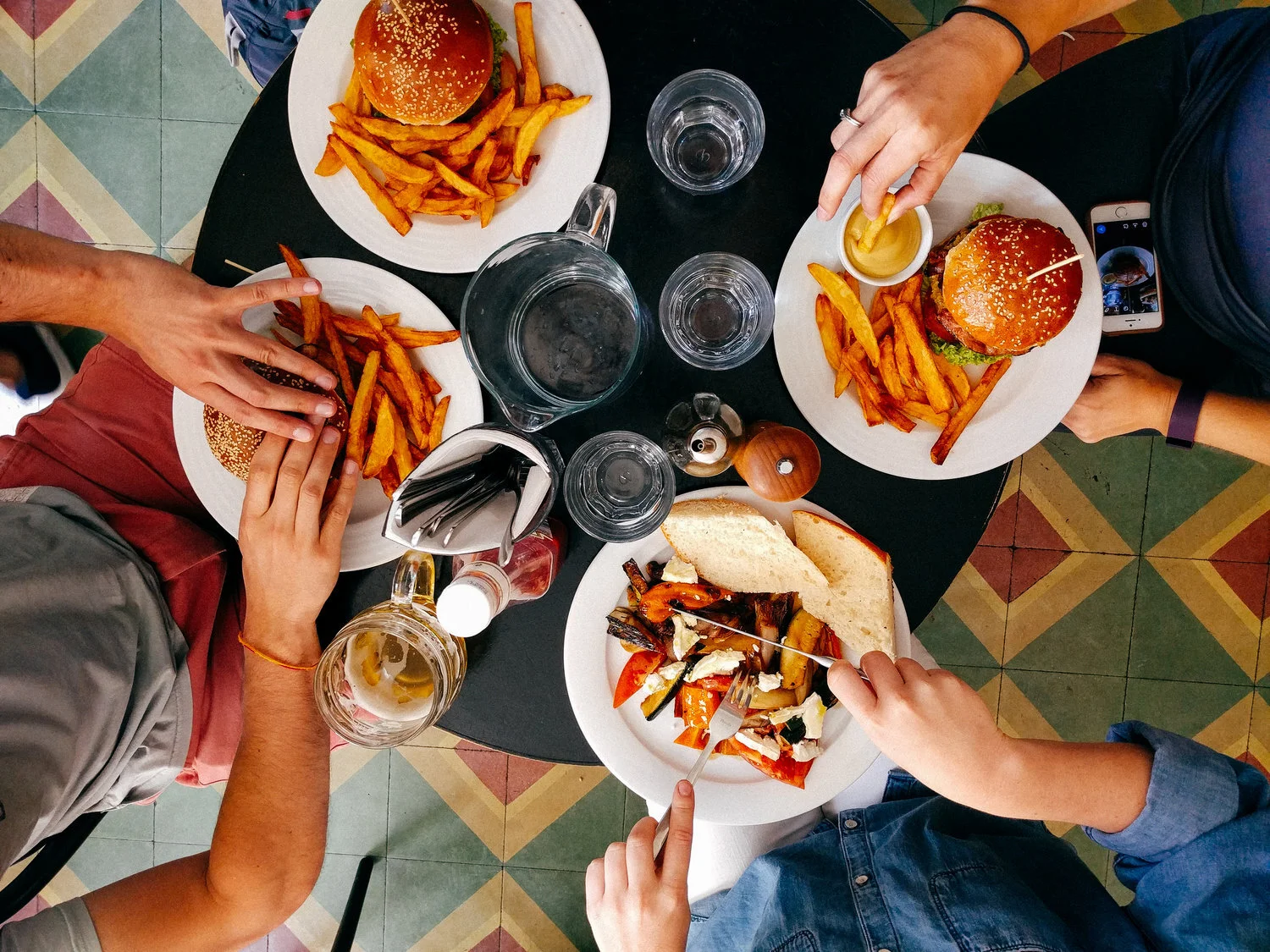Ultraprocessed foods make us overeat, and get fat. Who knew?
Click here for Dr. Katz’s complete, original article.
Last week, a groundbreaking study was published by Dr. Kevin Hall and colleagues at the NIH. It is the first ever randomized controlled trial that specifically isolated the effects of eating mainly “ultraprocessed” foods on calorie intake, weight, and other measures. Ultraprocessed foods are basically junk foods — with industrially processed ingredients, chemical components, and/or significantly manipulated in a lab or factory (see examples below).
Ten men and ten women with stable, normal weighs were admitted to metabolic ward of a controlled medical facility for a month so that everything eaten and burned was closely monitored. Each participant was assigned to consume either an ultraprocessed diet or a minimally processed diet, and was instructed to eat as much or as little as they wished. Then after two weeks they swapped diets. Such a trial is called a “crossover,” and by allowing each study participant to serve directly as her/his own control, adds greatly to the minimization of potential noise in the data.
The resulting signal was perfectly clear. The ultraprocessed foods led directly to overconsumption of roughly 500 calories daily, with a weight gain of about 2 pounds per person over the two weeks. Surveys showed that both diets were equally satisfying and enjoyable. Remember, the participants got to eat as much or as little as they wanted, showing that weight management is not only about quantity, but about a focus on food quality.
The two diets were matched for many key elements of nutrition, including calories, macronutrients (fat, carbohydrate, and protein), sugar, sodium, and fiber. (In the real world, however, such nutrients are widely divergent between minimally processed and ultraprocessed foods. In particular, high concentrations of added sugar and salt and low fiber content are characteristic of “junk food,” and almost certainly contribute to the effects of such foods on total intake. As the investigators themselves noted: “Had the experimental diets used in our study allowed for greater differences in sugar, fat, and sodium content more typical of differences between ultraprocessed versus unprocessed diets, we may have observed larger differences in energy intake.”)
So, the real-world effects of ultraprocessed junk foods on overconsumption are almost certainly greater than this study demonstrates. Be that as it may, we now have proof that ultraprocessed food leads directly to overeating and weight gain. That is an important milestone, and one that rightly resulted in widespread media attention to the study.
With the proof of such effects now revealed to us all, there is one vital question the randomized trial cannot answer: what are we going to do about it?
Example: Lunch Day 5:
Minimally processed menu:
Grilled beef tender roast
Barley with olive oil and garlic
Steamed broccoli
Side salad (green leaf lettuce, tomatoes, cucumber and baby carrots)
Olive oil and vinegar
Salt and Pepper
Apple slices
Ultraprocessed menu:
Spam sandwich with American cheese on white bread
Potato chips



